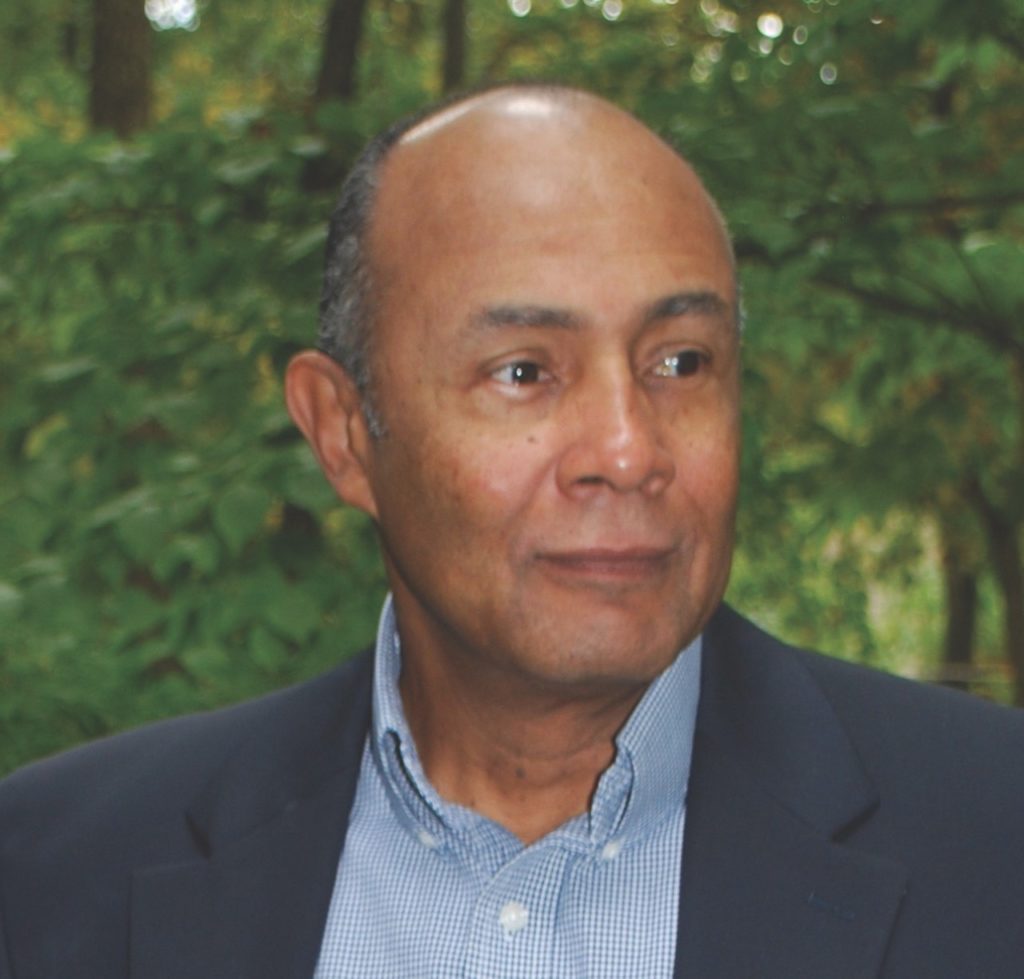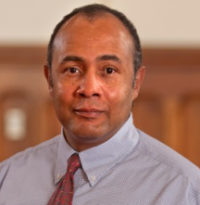
Ric Sheffield is Professor Emeritus of Legal Studies and Sociology at Kenyon College. In addition to having served as Associate Provost of the College, he is the Director of Kenyon’s Law & Society Program and the John Adams Summer Scholars Program in Socio-legal Studies. His research has focused upon the relationship between law and issues of gender, race, and ethnicity. He has lectured widely on issued of race and law as well as African Americans in rural Ohio.
A History of Race and the Right to Vote in Reconstruction Ohio*
The right to vote, long hailed as the embodiment, sine qua non, of liberty in American society has special historical significance for persons of African descent in the United States and Ohio, in particular. It was the quest for this quintessential right of citizenship, perhaps even more so than ethereal notions of equality generally, that undergirds some of the most significant episodes in the annals of America’s civil rights struggle. In weighing the often-dire consequences of resistance against the potential gains thought to reside in the elective franchise, Black Americans, even in Ohio, literally risked life, limb, and livelihood to claim their places at the polls.
Looking Back at Being Black in Rural Ohio*
This program presents a glimpse into the Black experience in small town America as reflected in Sheffield’s book “We Got By: A Black Family’s Journey in the Heartland.” With actual and projected increases in the number of people of color taking up residence in rural America, it would be wise for small towns to better understand the factors that have impacted minority communities within them as well as the challenges of people who have lived in communities where few others looked like them. This program works well as a book talk as well as broader discussion of rural diversity.
*Please note: this talk is only available in a virtual format.
TO SCHEDULE A PRESENTATION , PLEASE CONTACT:
Ric S. Sheffield
sheffier@kenyon.edu
(740) 427-5852
Speaker Applications
The Ohio Humanities Speakers Bureau is closed for the rest of 2024 and is not currently accepting applications. Check back later in the year for information about the 2025 Bureau!
Interested organizations can still book talks from our United We Stand Speakers Bureau.
Speaker Fee Structure
Non-profit organizations with an annual budget under $150,000 pay a fee of $50.00.
Non-profit organizations with an annual budget over $150,000 pay a fee of $250.00.
Schools (including colleges or universities) and corporate or private entities pay a fee of $400.00.
For any questions, please contact Program Officer Melvin Barnes at mbarnes@ohiohumanities.org.

